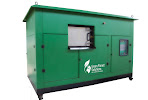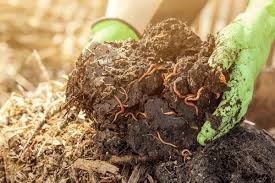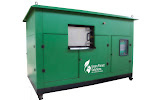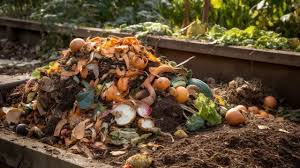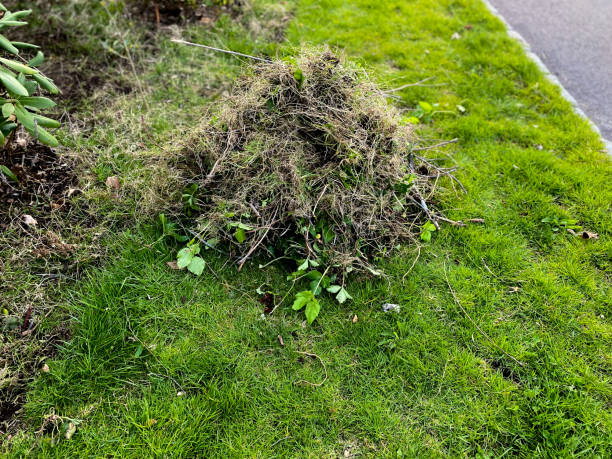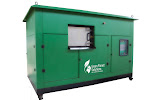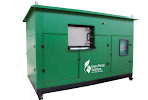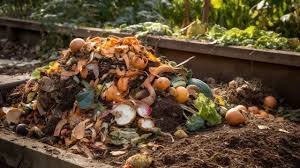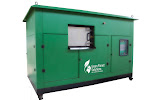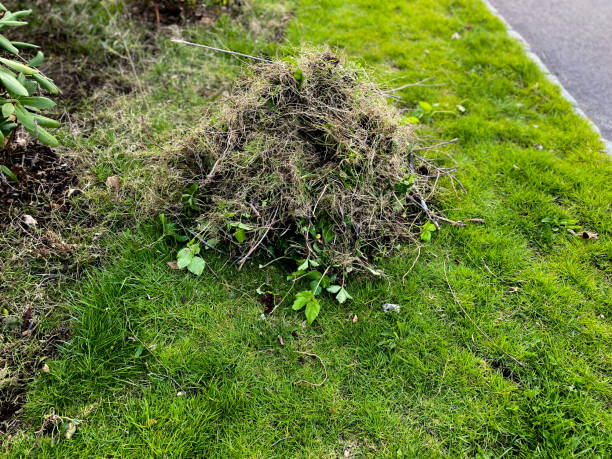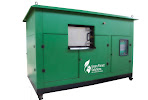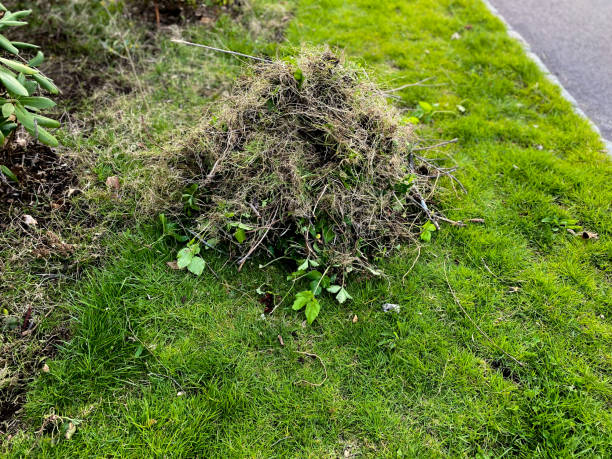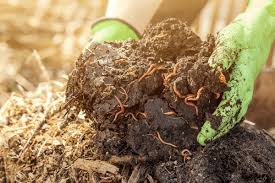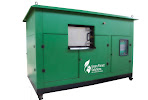ENQUIRE NOW FOR BEST COMPOSTING MACHINES INDIA – https://share.hsforms.com/1d12AT_oJScm8iiXbjSrEIwrh2r7
Introduction
Is composting mandatory in India? This question appears everywhere from RWA meetings to hotel boardrooms to corporate sustainability groups. With waste piling up faster than Indian cities can manage, municipal bodies have stepped in with strict rules, clear penalties, and mandatory on-site composting requirements for bulk waste generators. The pressure is real, but the opportunity is huge. Composting is no longer “good to have” — it’s a legal expectation and a climate win.
This guide breaks the rules down in simple language and shows how Green Planet Solutions Pune, with its advanced organic-waste composting machines, helps organizations stay compliant and future-ready.
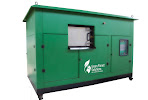
✅ Why India Made Composting a Priority
Waste in India grows like a wildfire during dry season — fast, hot, and out of control. Cities such as Mumbai, Pune, Delhi, and Bangalore are running out of landfill space. Every tonne of mixed waste adds more methane, more pollution, and more cost.
To stop the spiral, the government made composting compulsory for many categories of waste producers.
ENQUIRE NOW FOR BEST COMPOSTING MACHINES INDIA – https://share.hsforms.com/1d12AT_oJScm8iiXbjSrEIwrh2r7
✅ Understanding the Municipal Solid Waste Rules (MSW Rules 2016)
Here’s the clean, simple version:
1. Bulk Waste Generators MUST Process Waste On-Site
Anyone producing more than 100 kg of waste per day must manage and process organic waste inside their premises. This includes:
• Hotels
• Restaurants
• Large residential complexes
• Gated communities
• Malls
• IT companies
• Universities
• Government buildings
• Industrial campuses
This is the line in the rulebook that makes composting effectively mandatory.
ENQUIRE NOW FOR BEST COMPOSTING MACHINES INDIA – https://share.hsforms.com/1d12AT_oJScm8iiXbjSrEIwrh2r7
2. Municipal Corporations Will Not Pick Up Untreated Wet Waste
Cities like Mumbai, Pune, Bangalore, Gurugram, Indore, and Hyderabad have already enforced this rule.
3. Penalties and Fines for Non-Compliance
Failure to compost leads to:
• Daily fines
• Higher waste collection fees
• Legal notices
• Environmental compliance penalties
4. Source Segregation Is Non-Negotiable
Every household and every business must separate waste at source:
• Wet/organic waste
• Dry waste
• Hazardous waste
Segregation + composting = full compliance.
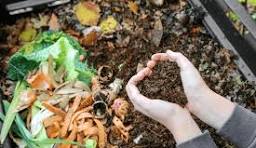
✅ Is Composting Mandatory in India for Societies and Businesses?
Short answer: Yes, if you generate bulk waste.
Long answer: Yes, and it’s becoming stricter each year.
Cities are now enforcing on-site composting because transporting wet waste is expensive, messy, and unsustainable. Composting cuts the load by more than 60 percent.
✅ Why On-Site Composting Is the Easiest Path to Compliance
Think of composting like a pressure valve. The moment you install a composting machine, your waste headache vanishes.
Composting machines from Green Planet Solutions Pune deliver:
• 70 to 90 percent volume reduction
• Zero smell processing
• Low-noise, low-heat systems
• Fully automatic or semi-automatic options
• Nutrient-rich compost that can be reused or given away
• No more fines, notices, or stress
Compliance becomes effortless.
✅ Where the Rulebook Directly Mentions Composting
• MSW Rules 2016
• Maharashtra Solid Waste Management Bylaws
• Municipal notifications in PMC, PCMC, MCGM, BBMP, GHMC
• Swachh Bharat Mission guidelines
These documents repeatedly highlight on-site processing of biodegradable waste, which includes composting machines, bio-digesters, and aerobic systems.
✅ Why Now? What Changed?
Municipal bodies have moved from gentle reminders to strict enforcement. The shift comes from:
• Exploding urban populations
• Overflowing landfills
• Climate change pressure
• Rising fuel costs for waste transport
• Global push for zero-waste cities
Composting is the backbone of India’s sustainability transition.
✅ Benefits That Go Beyond Compliance
Composting also brings emotional and financial wins:
• Pride of becoming a green campus
• Lower carbon footprint
• Healthier environment
• No stink, no pests, no messy garbage rooms
• On-site compost for gardens
• Massive reduction in collection charges
It feels good to do the right thing and save money.
✅ Why Green Planet Solutions Pune Is the Trusted Partner
We help:
• Hotels cut waste volume by up to 85 percent
• Societies eliminate fines
• IT parks reach sustainability targets
• Schools teach green habits
• Commercial kitchens become zero-waste champions
Our machines are designed for Indian conditions: high food load, mixed waste, continuous use, and compact spaces.
bulk waste generator rules, composting rules India, is composting mandatory in India, waste management compliance India, MSW rules 2016 composting, composting machine suppliers Pune, on-site composting India, organic waste composter machine, Green Planet Solutions Pune
#CompostingIndia #ZeroWasteIndia #GreenPlanetSolutionsPune #WasteManagementRules #OrganicWasteComposting #SustainabilityIndia #MSWRules2016 #EcoFriendlyIndia #BulkWasteGenerators #GreenFutureIndia

– https://www.thegreenplanetsolutions.com/
 – +917722073961
– +917722073961
Instagram – https://www.instagram.com/greenplanetolutions2013?igsh=MTQ5MWxpeng5dmtvaA==
Facebook – https://www.facebook.com/share/19Eim5u2Ep/
Linkdein – https://www.linkedin.com/company/green-planet-solutions/
Threads – https://www.threads.net/@greenplanetolutions2013
YouTube – https://youtube.com/@greenplanetsolutions2013?si=0gkKEahaaB5z6csm
